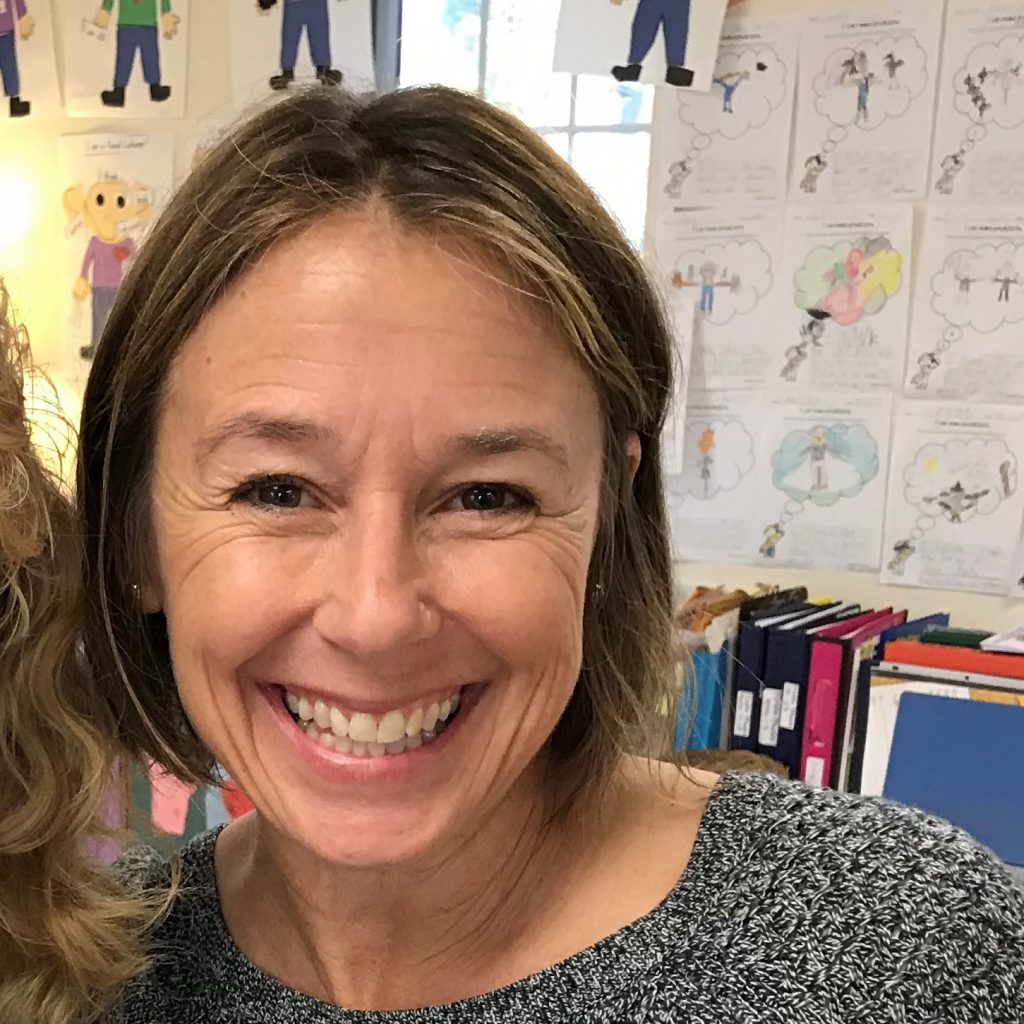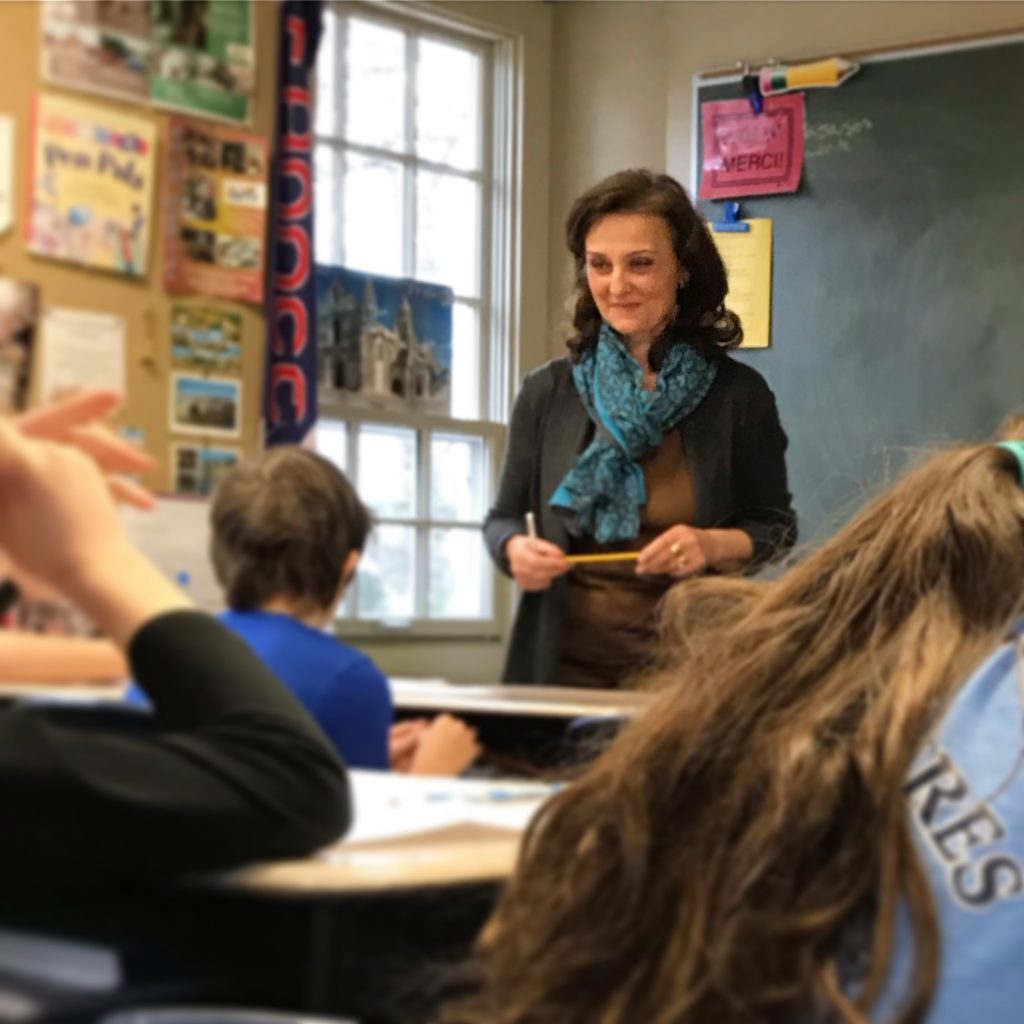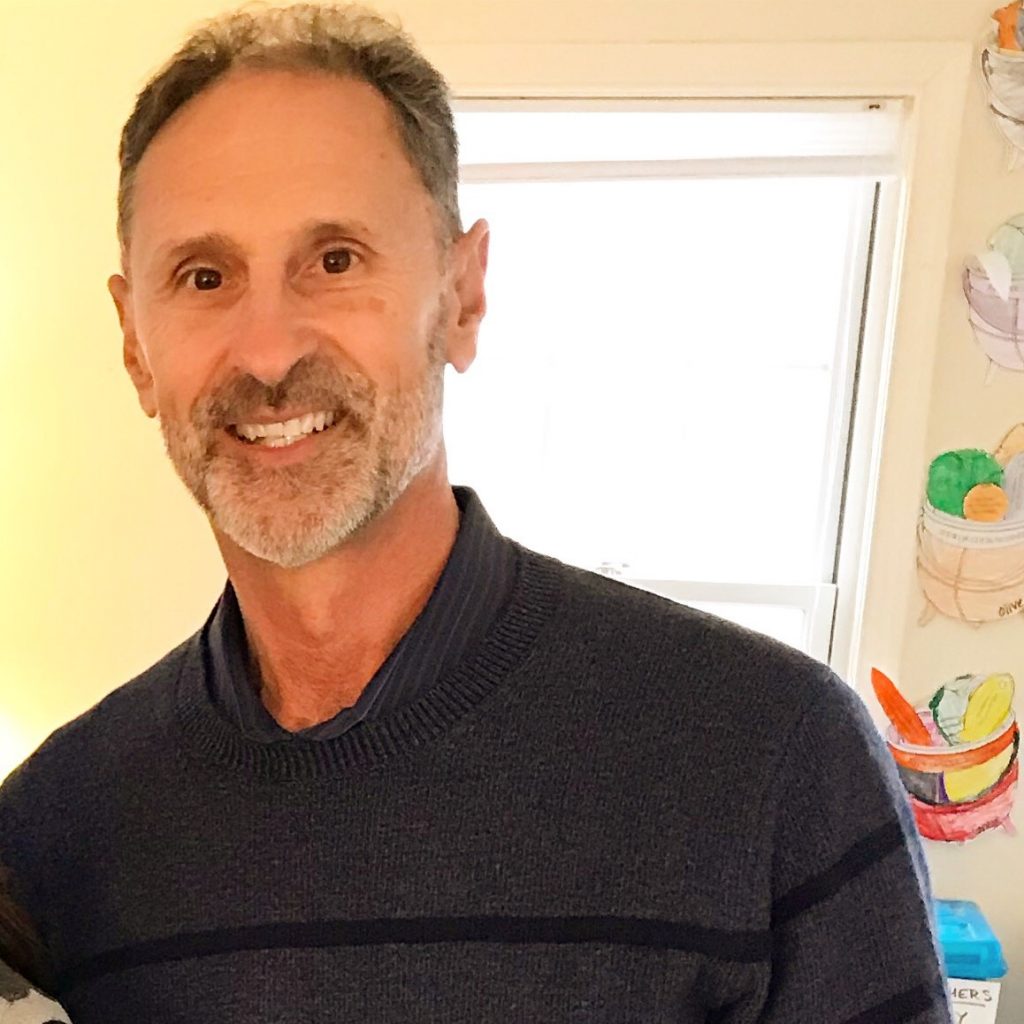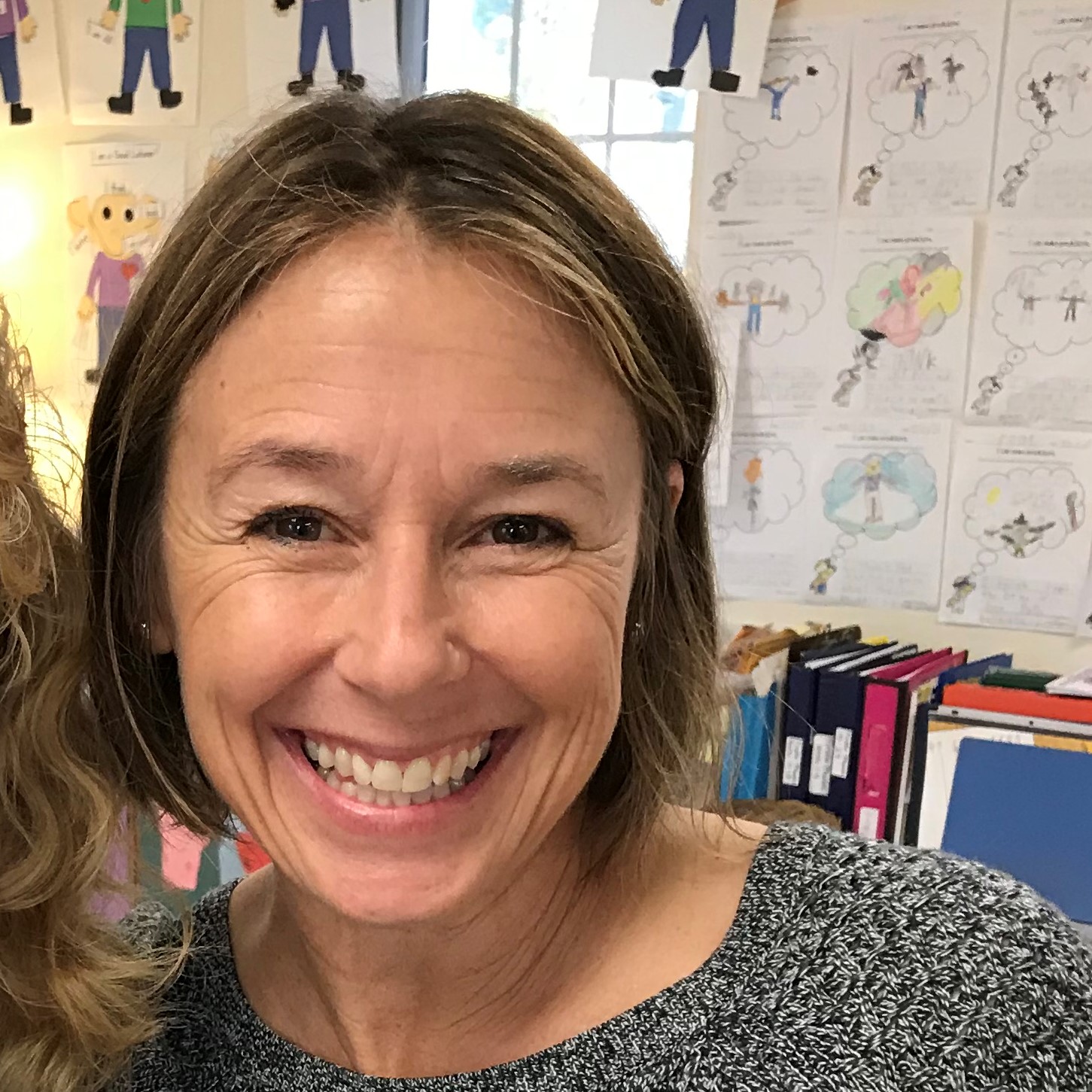As we settle into this new year, and one that asks us to re-establish, develop and take care of the relationships that foster a positive and constructive home-school relationship – all in the interest of student success – I offer some thoughts gleaned from a New York Times article that was published several years ago. I think one of the biggest takeaways, that is important to remember during this crisis during which we are communicating so much electronically – it’s always “better to pick up the phone and personally speak with the other person.”

In the article, sixth-grade teacher Sara Mosle shared that she experiences that some parents can be overly intrusive, which does not provide children the opportunity to solve problems themselves and puts teachers on the defensive. At the other end of the spectrum – some parents hold back worrying about irritating teachers and provoking retaliation against their children. Here are Mosle’s ideas for a productive middle ground:
Parents should encourage their children to take the lead in sorting out most difficulties with teachers. Secondary school admissions officers tell school people that they look for students who have developed confidence and “voice.”

Parents and teachers should use e-mail and text messages only to convey simple information like appointments or scheduled absences. For anything more substantive, especially if one party is annoyed or angry, it’s better to pick up the phone or speak in person. Conflicts can escalate in e-mail exchanges in ways that would never happen speaking face to face.
Parents should not cc. the principal or other administrators when e-mailing about routine issues. “It’s disrespectful to teachers and parents alike,” says Palo Alto superintendent Kevin Skelly, “as it sends the message you don’t think there’s even a chance you can work this out on your own.”

Teachers should respond to parent communications promptly, even if it’s a brief acknowledgment and a request for some time to solve a problem. For their part, parents should appreciate that teachers are busy during the day and may have other responsibilities after school. “My students know that I’m unlikely to respond to an e-mail between the hours of 6 p.m. and 9 p.m.,” says Mosle, “as that’s when I’m focusing on being a parent to my own child.”
Teachers should immediately apologize if they drop the ball. “Nothing is more disarming,” says Skelly, “and it’s so simple to do.”

Teachers and parents should emphasize and build on children’s strengths. “If you have something positive to say, say it early and often.”
When there are conflicts, parents and teachers should present specific desired outcomes that will help the child do better.
Parents and teachers should “proceed with humility,” says Mosle, taking with a grain of salt occasional bellyaching about teachers, especially by adolescents working through issues with authority. “The teenager, being a teenager, may not rank your parenting skills very high, either,” says Skelly.

